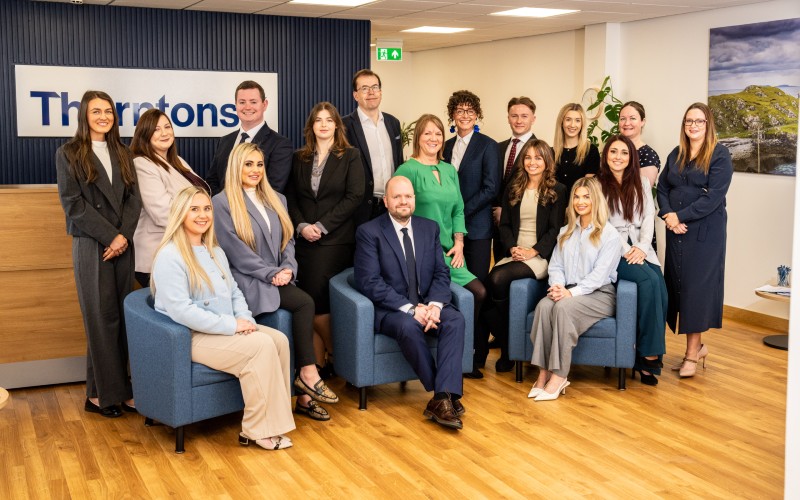Vaccine Damage Payment Scheme for injuries caused by COVID-19 vaccinations
COVID-19 Vaccinations and Claiming for Damages: What You Need to KnowThe COVID-19 pandemic brought u...
Keeping you up-to-date with the latest news, views and market commentary on the issues which may impact you and your business.


